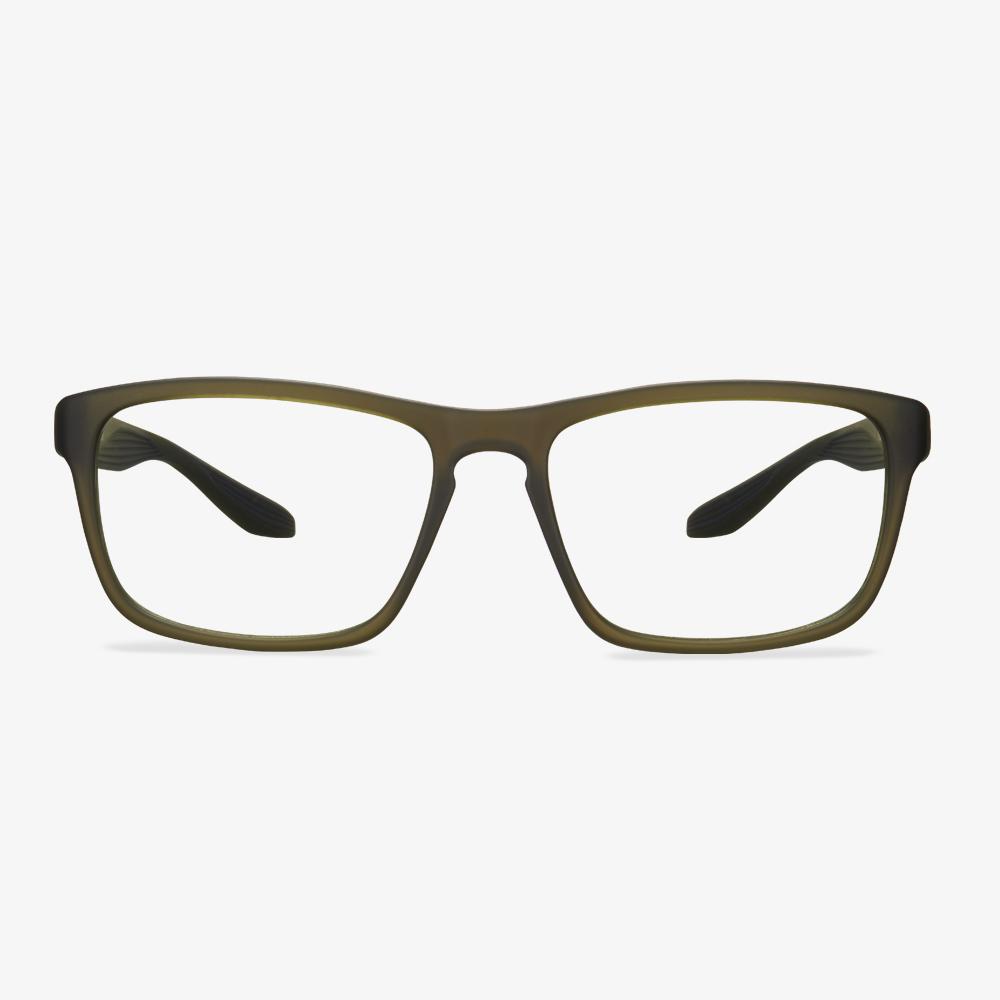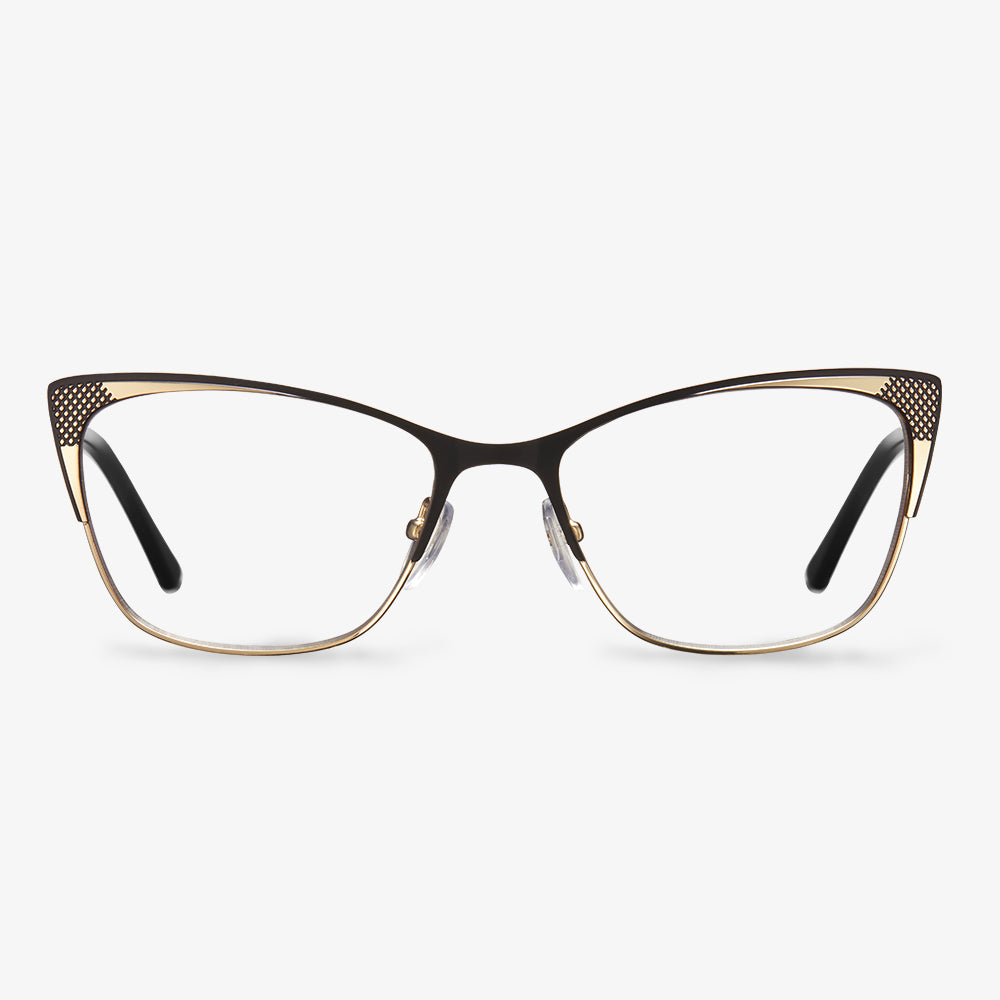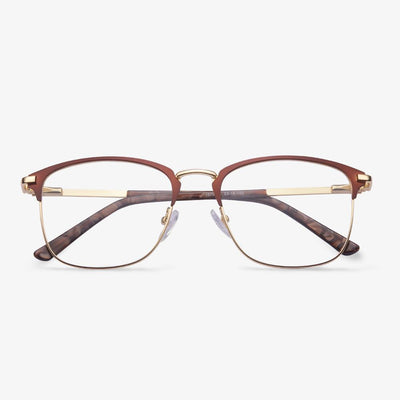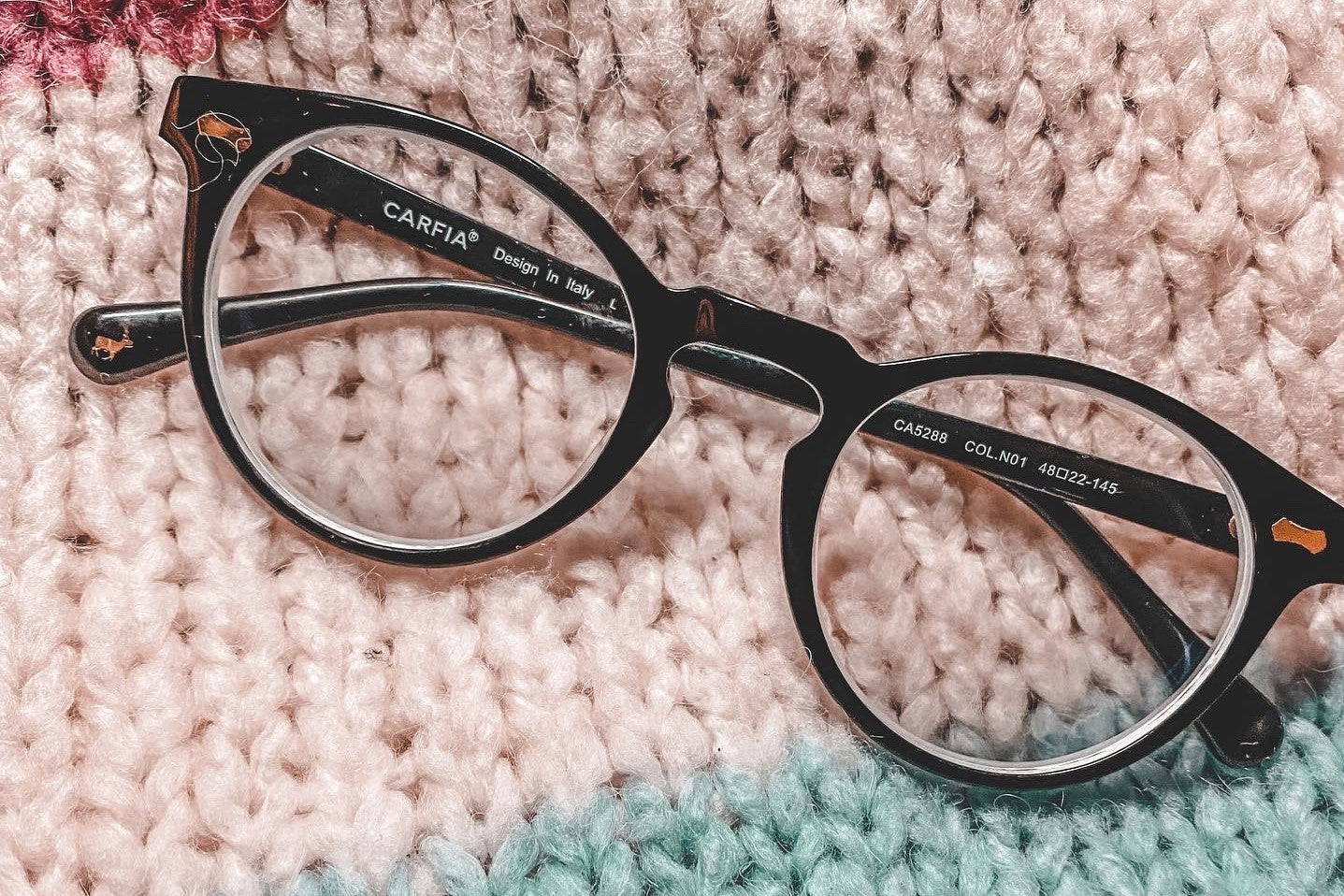Possible effects of driver's lens color on driving
Color plays a very important role in your everyday driving experience -- red, yellow, and green traffic lights, among many other signs and signals, are designed to grab your attention and keep you safe. If everything you see is yellow, you may make the wrong decision at the red light and may cause an accident. To keep your vision clear in night and day conditions, anti-glare night driving glasses are not just for night driving.
The material of the nose pads
There are many differences between silica gel and PVC materials. For example, silicone can pass ROHS certification and is environmentally friendly. Silica gel is soft and feels good, while PVC products are rough. Silica gel products are soft, while PVC products are hard. Silica gel products are more flexible, but PVC has no toughness. Silica gel products are usually made to be more transparent. Glass frames made of plate material and TR-90 material, are relatively not heavy and non-allergic. Typically, the TR90 frame is cast to form a nose pad attached to the glasses ring. As the plate frame is cut out from compressed materials, the plate frame with a nose pad is usually injected into the nose pad after the frame is made.
Old glasses can be second-hand goods.
You can set your sights even further through sites like Freecycle, where you can meet like-minded people who are actively trying to become more conscious consumers. You can get involved in the circular economy by selling your eyeglasses on local websites such as Gumtree or eBay.
Recycling glasses is one of the projects.
Eyewear recycling is one of the Lions Club's most high-profile and well-known programs. Lions Club has been collecting eyeglasses for over 80 years and Vision Recycling has been the official program of Lions Clubs International since 1994. Refractive errors can be easily corrected by wearing glasses, but millions of people in developing countries still do not have this basic eye care. Lions' collection of glasses enabled many people in these countries to see clearly for the first time. Lions also collect used hearing AIDS!
What Should You Do If Your Glasses Are Broken?
Professional eyewear repair shops have professional repair tools. It's relatively easy to fix the bent frame by yourself. Still, there are reasons to get a professional to fix them. Your local eyewear repair shop can quickly reshape metal and plastic frames and make sure they fit. Many professional optical shops will make small adjustments free of charge. The frame is completely broken and requires special tools and skills to fix. Frames are too fragile to repair at home, and trying to do so could cause even more damage to your frames. The lenses are damaged and you may need to replace them. Make sure your prescriptions are up to date. If your prescription is not up to date, you need to schedule an eye exam before changing your lenses.
Is blue light blocking worth it?
There are two main problems with anti-blue glasses currently on the market. One is that the place to be prevented is not preventable, and the other is that people have color casts due to wrong protection and aggravate visual fatigue. Studies have shown that our eyes are the most intolerant of blue light in the 400-440 nanometer band. Therefore, current manufacturers mainly block blue light in this band when producing anti-blue glasses. However, the blue waveband of electronic products is between 450 nanometers and 490 nanometers, so most anti-blue glasses have little protection in this waveband. In addition, the blocking rate of anti-blue glasses is 20%~30% to achieve a good anti-blue light effect, but now the blocking rate of anti-blue glasses on the market has basically reached 80%~90%. All in all, these blocking blue light glasses cannot prevent the blue light in the 450-490 nanometer band, and their high blocking rate will also cause a color shift, which makes people more likely to have eye fatigue and headache.
In daily life, the intensity of blue light is low, not enough to cause damage to the fundus, so ordinary people do not need to wear anti-blue glasses unless they are working in extremely strong light conditions or working in special environments. To protect the eyes, it is more important for people to develop good eye habits. For example, wear a pair of suitable glasses and read insufficient light and at an appropriate distance. Avoid using electronic products for a long time. Take a break for 20 to 30 seconds every 20 to 30 minutes, and look at the distance regularly. If you have dry eyes while reading the electronic screen, remember to blink to 12 times per minute. It is best to wear sunglasses when outdoors.
How to Get Used to Progressive Lenses?
How to adjust to a pair of new glasses? How long does it take to adjust to a new pair of glasses? In general, there are several ways for adjusting to progressive lenses. In this section, we will show you some of them.
- Put on your new progressive glasses in the morning and wear them for at least one hour or two. The next morning, try a few more hours. Develop your tolerance to adjust to them.
- When you walk, look straight ahead, not down at your feet. And, point your nose in the direction you want to look, not just looking left or right with your eyes.
- Don’t switch between your new pair and the old one frequently.
- Make sure your progressive glasses fit properly and don’t slide down your nose.
- When you read, don’t move your eyes or head. Move the page or paper instead.
- Set your computer screen below eye level. You can achieve that by adjusting your desk or chair.











































